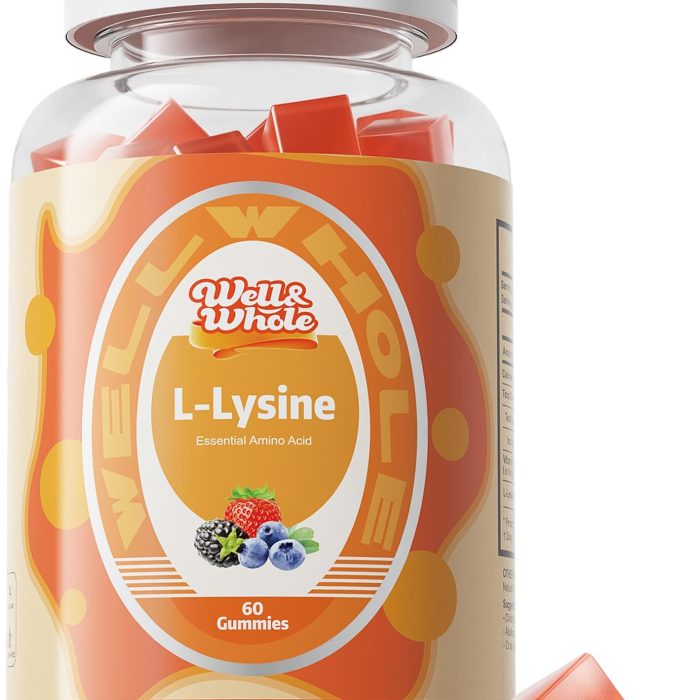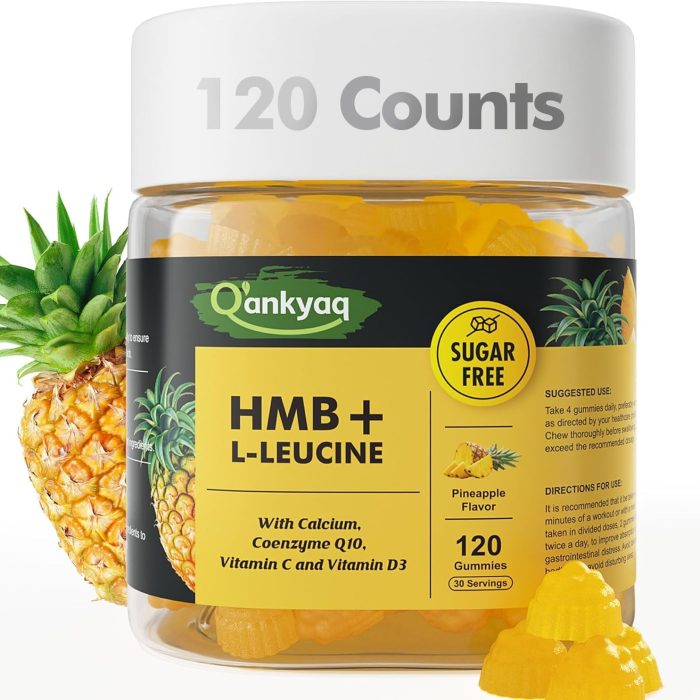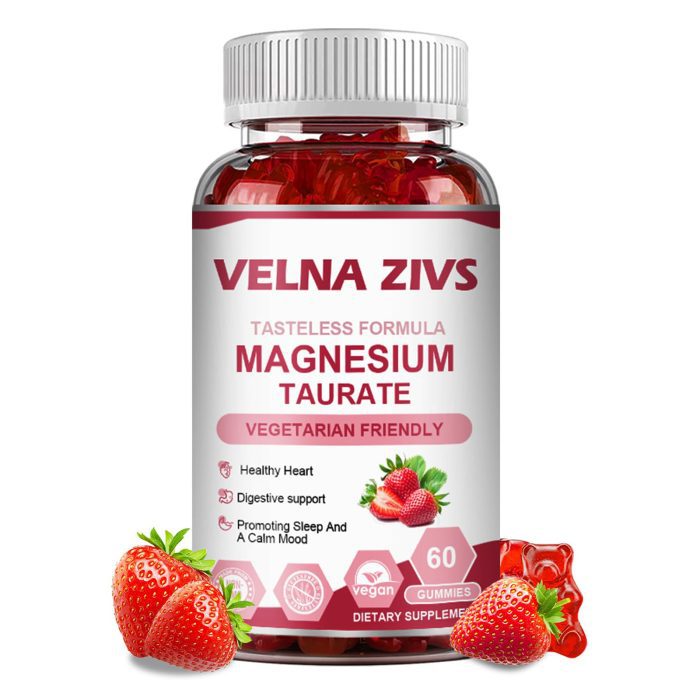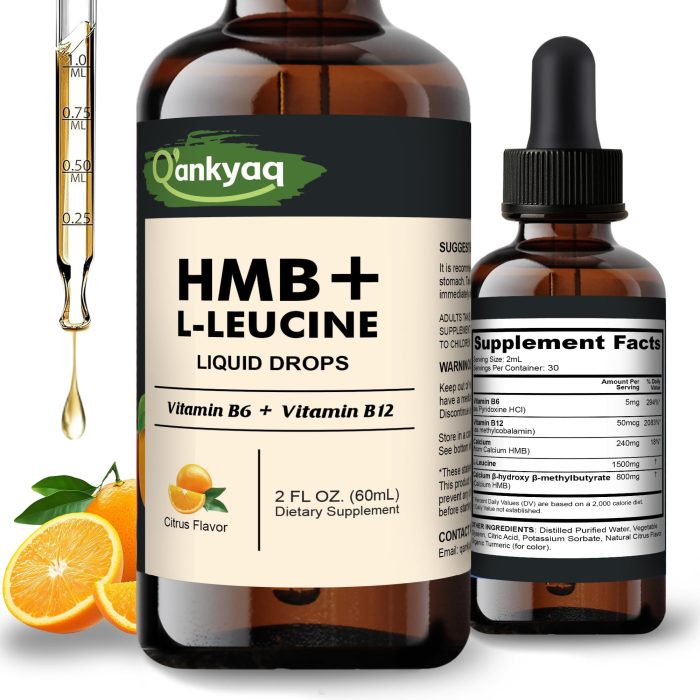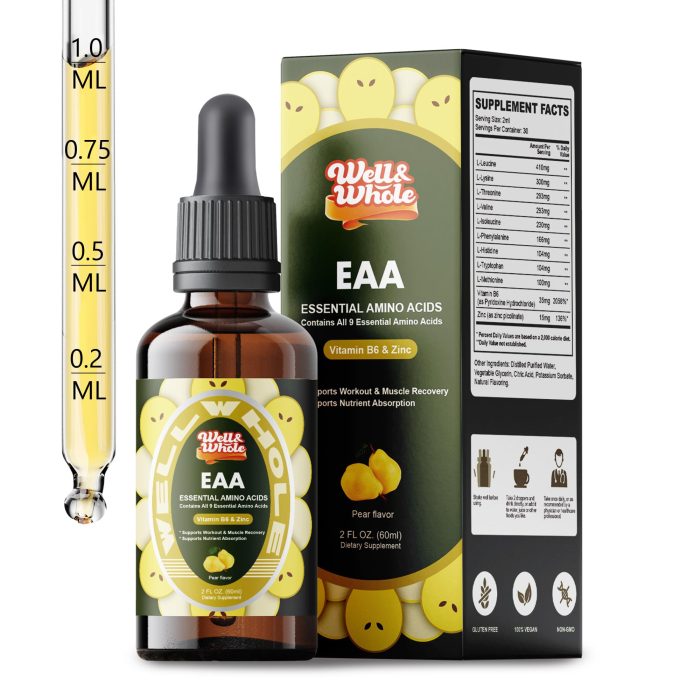Are Vegans Missing Out on Essential Amino Acids? Unveiling the Truth
Switching to a vegan lifestyle can be empowering, environmentally friendly, and health-conscious, but it often sparks a common question: do vegans sufficiently meet their amino acid requirements? Many fear that cutting out animal-based proteins could leave gaps in their diet. However, this concern, while valid, is entirely manageable with the right knowledge and approach. Let’s dive deep and unlock actionable tips to ensure vegans thrive nutritionally.
Understanding Amino Acids: The Keys to Vital Health
Amino acids are often called the “building blocks” of proteins and play critical roles in numerous bodily functions, such as repairing tissues, supporting Immune Health, and producing enzymes and hormones. Of the 20 amino acids, 9 are classified as essential, meaning they must come from the foods we eat since our bodies cannot produce them naturally.
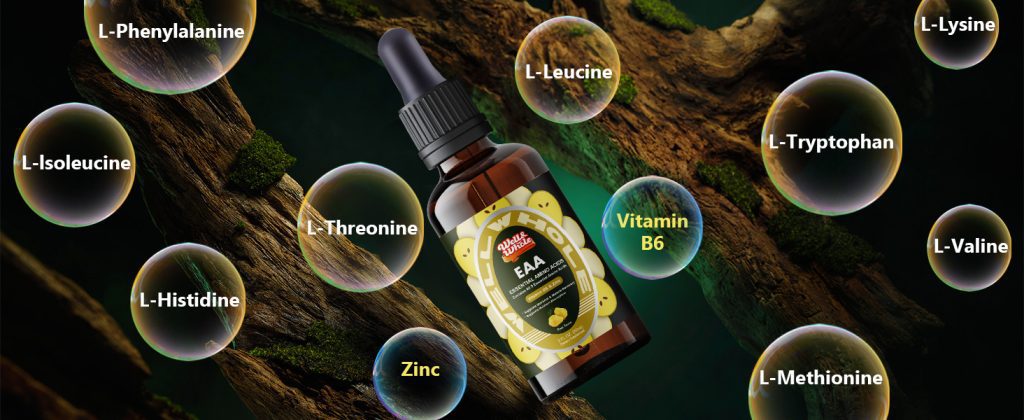
Animal-based products such as meat, eggs, and dairy are deemed “complete protein sources,” meaning they contain all nine essential amino acids. Plant-based foods, on the other hand, often lack one or more of these amino acids. This has led to the misconception that vegans cannot consume enough essential amino acids—a concern worth examining closely.
Can Vegans Meet Their Amino Acid Needs? Absolutely, With Some Planning
Contrary to popular belief, vegans don’t need to rely on animal products to fulfill their amino acid requirements. By eating a varied selection of plant-based foods, individuals can easily assemble “complete proteins.” Below are actionable strategies to ensure optimal amino acid intake as a vegan:
- Pairing Foods to Create a Complete Protein
Specific plant-based foods complement one another to provide all essential amino acids. Classic examples include rice and beans, hummus and pita bread, and peanut butter on whole-grain toast. Strategic combinations make it easy to close any nutritional gaps. - Highlighting High-Protein Plant Sources
Certain vegan-friendly staples are naturally rich in protein and amino acids. For example, foods like quinoa, soy products (think tofu, tempeh, or edamame), buckwheat, chia seeds, and spirulina are all considered complete protein sources. Incorporating these into your diet eliminates concerns about missing nutrients. - Well&Whole’s Exclusive Amino Boost Solutions
For individuals who struggle to get adequate nutrition purely through food, supplements can be an excellent way to support a balanced diet. Well&Whole, a leader in premium health products, offers targeted vegan supplements tailored to bridge amino acid gaps. These solutions are formulated with high-quality plant-based ingredients, ensuring all essential amino acids are covered.
Key Nutritional Insights from Studies and Statistics
Scientific studies consistently show that even on a vegan diet, achieving sufficient protein and amino acid intake is not only possible but common. For instance, a report by the Academy of Nutrition and Dietetics highlighted that appropriate combinations of plant-based proteins provide all necessary amino acids for both physical and mental health. Surveys also reveal that vegan diets, when balanced, promote numerous benefits such as lower cholesterol, improved heart health, and reduced risk of chronic diseases.
However, one area where vegans must remain vigilant is their total protein consumption. While omnivores naturally consume higher protein levels due to their diets, research suggests vegans often hit the lower recommended threshold. Paying attention to how and when proteins are consumed throughout the day can enhance results.
Are Vegans at Risk of Deficiencies? The Truth Revealed
Misconceptions around vegan diets often exaggerate the risks, but strategic planning and informed decision-making eliminate the likelihood of nutrient gaps. Here’s what you need to know:
- Balance is Everything: Strive to eat a variety of plant-based proteins daily to optimize amino acid coverage. Don’t limit yourself to just one protein source.
- Supplements Are Game-Changers: Partnering with trusted brands like Well&Whole guarantees your nutritional bases are covered. Vegan health products specifically tailored to amino acid sufficiency can significantly simplify your dietary routine.
- Monitor Key Indicators: Symptoms such as fatigue, muscle loss, or slowed recovery might signal amino acid deficiencies. Addressing these early helps prevent issues.
The Takeaway: Vegans Can Thrive with Proper Nutrition
Vegans do not inherently lose out on amino acids. With intentional meal planning, diverse food choices, and, if required, high-quality supplements from brands like Well&Whole, anyone can enjoy a robust vegan diet without compromising their health. Remember, no diet is one-size-fits-all, but veganism can be nutritionally complete when cultivated correctly.
Ultimately, the key message is encouraging empowerment: armed with the right resources and approachable strategies, you can thrive on a plant-based diet. Don’t let myths deter you from living the lifestyle you choose. Share this article with others to dispel common misconceptions—we bet it might inspire someone to take that first step toward plant-based living!
By making wellness accessible and science-backed, Well&Whole strives to transform how people view vegan nutrition solutions. Explore our exclusive range of health supplements today! Stay whole, stay well.


